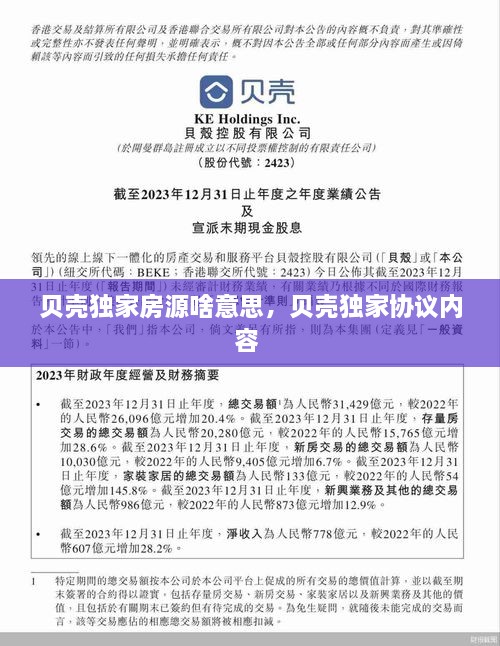<!DOCTYPE html>
Dealing with a Constant Runny NoseUnderstanding the Symptom
A constant runny nose, often referred to as rhinorrhea, is a common symptom that can be caused by various factors. It's characterized by an excess of mucus secretion from the nasal passages, leading to a persistent dripping or sneezing. This condition can be a nuisance and sometimes even a source of embarrassment, but understanding its causes and treatment options can help manage it effectively.
Causes of a Runny Nose
There are numerous reasons why a person might experience a constant runny nose. Some of the most common causes include:
Viral infections: The common cold, influenza, and other viral respiratory infections are frequent causes of rhinorrhea.
Allergies: Allergic reactions to pollen, dust mites, pet dander, and other allergens can trigger a runny nose.
Environmental factors: Exposure to irritants like smoke, chemicals, or cold air can cause the nasal passages to become inflamed and produce excess mucus.
Asthma: Some individuals with asthma may experience a runny nose as part of their asthma symptoms.
Non-allergic rhinitis: This condition is characterized by chronic inflammation of the nasal passages without an allergic trigger.
Other medical conditions: Certain medical conditions, such as sinusitis or a deviated nasal septum, can lead to a constant runny nose.
Diagnosing the Underlying Cause
Identifying the underlying cause of a runny nose is crucial for effective treatment. A healthcare professional may perform a physical examination, ask about medical history, and conduct tests such as a skin prick test for allergies or imaging studies for other conditions.
Managing Allergies
If allergies are the cause of a runny nose, managing the allergies is essential. This may include:
Avoiding allergens: Minimizing exposure to known allergens can help reduce symptoms.
Medications: Antihistamines, nasal corticosteroids, and decongestants can alleviate symptoms.
Nasal rinses: Saline nasal rinses can help clear mucus from the nasal passages and reduce inflammation.
Dealing with Viral Infections
Viral infections often resolve on their own with time, but there are ways to alleviate symptoms:
Rest: Giving the body time to recover can help fight off the virus.
Hydration: Drinking plenty of fluids helps thin mucus and prevent dehydration.
Over-the-counter remedies: Pain relievers and decongestants can provide temporary relief.
Lifestyle Adjustments
There are several lifestyle adjustments that can help manage a runny nose:
Staying hydrated: This helps maintain the balance of bodily fluids and can reduce mucus production.
Avoiding irritants: Reducing exposure to irritants like smoke and allergens can minimize inflammation.
Practicing good hygiene: Regular hand washing and avoiding close contact with sick individuals can help prevent the spread of viruses.
When to Seek Medical Attention
Most cases of a runny nose are benign and will resolve on their own. However, there are times when medical attention is necessary:
Symptoms persist for more than a few weeks.
The runny nose is accompanied by severe facial pain, difficulty breathing, or a fever.
转载请注明来自预埋钢板、角码、镀锌钢板、连接件、幕墙预埋件、幕墙钢板、幕墙材料,本文标题:《不断流鼻子,一直不停流鼻水 》












 蜀ICP备2022005971号-1
蜀ICP备2022005971号-1
还没有评论,来说两句吧...